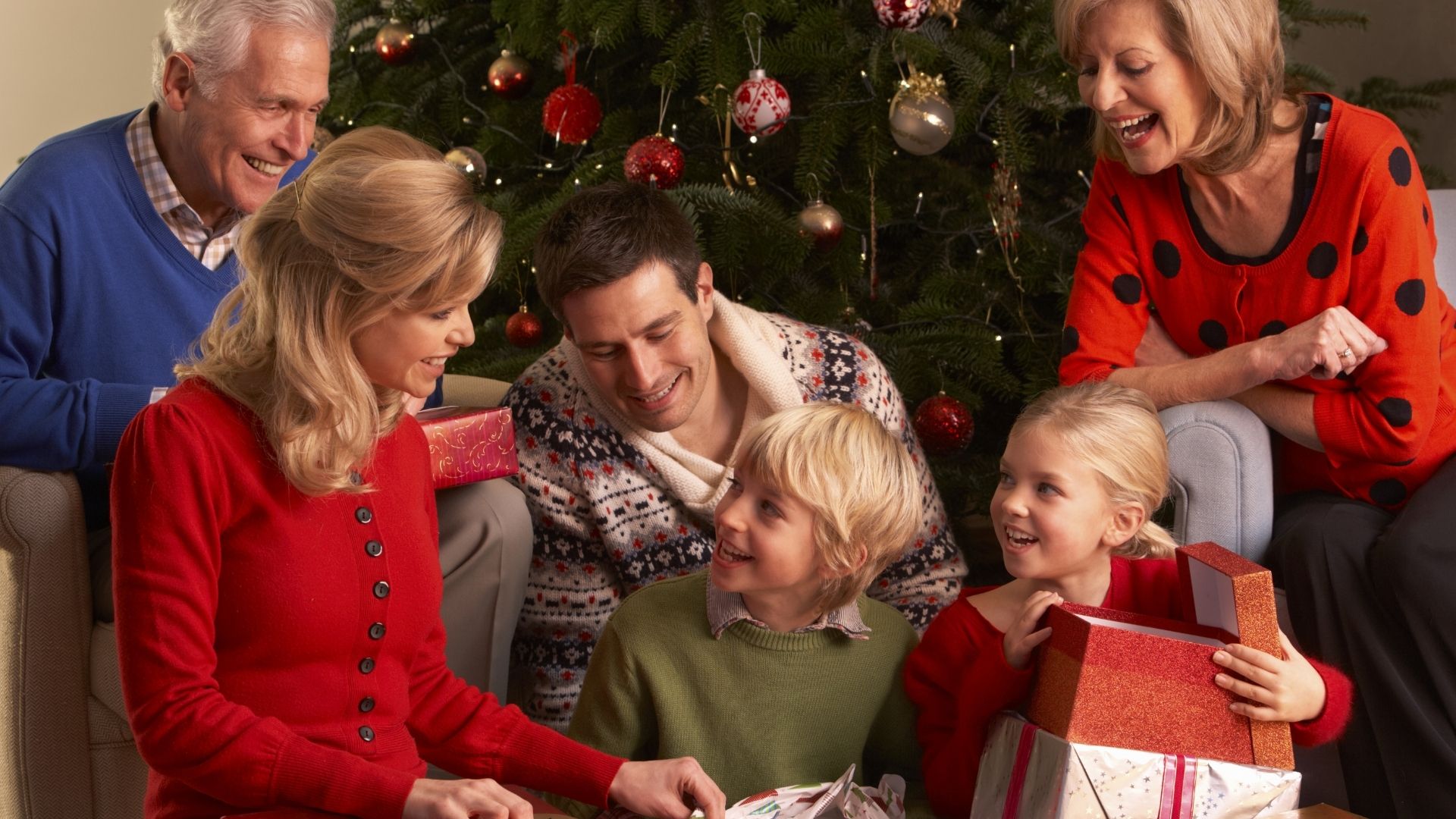Children love the lights, music, gifts and wonder of Christmas. What can be more challenging is getting them to appreciate all-day family gatherings, boring work parties, and obligatory holiday functions that are not necessarily kid friendly. Here are some tips that can help you prepare them for success as they learn their holiday social skills early!
1. Hosts of the party should be given a small gift as a gesture of appreciation.
Kids can be involved in determining what the gift is and actually presenting it to the host. Not only do kids love feeling included and important, this helps them master etiquette and social graces before they are required.
2. Kids are notorious for being picky about foods.
Since there is no way to know in advance what might be served at any function, it is helpful for them to eat something light before leaving the house. It is also a good idea to bring snacks with you that you know they enjoy, just in case the options are pate de foie gras and escargot. These suggestions double as preventions for crankiness from hunger and rapid blood sugar changes.
3. Candy, cookies and Christmas desserts are irresistible to almost everyone, especially kids.
Set “social grace” expectations ahead of time that it is polite to wait until the treats are offered to you rather than to help yourself. Further, it is expected that you will only take one, unless invited to take more. This can stave off the sugar high that comes from consuming twelve brownies in as many minutes when no one is looking.
4. Gatherings can be loud, crowded, and overstimulating to little ones.
Unknown or unfamiliar environments can further contribute to this issue. Remember to bring a few favorite and recognizable items from home to keep them secure, and to give them a place away from the noise (if permission is given by the host) even if just for a few minutes. A spare bedroom, bathroom, or patio can give them a needed break from the hustle and bustle.
5. Express gratitude for any gift received, regardless of whether or not you already have it or like it.
Encourage kids to find something positive say about the gift, such as the color or use. Kids tend to say the honest truth without thinking about whether or not it will hurt the giver’s feelings. Kids can practice finding something to say in response, even if it is as simple as “that was nice of you.”
6. Communicate the importance of thanking the host or the giver before you leave.
This should be done verbally in person, and then your child should follow up with a written note. This not only teaches the lost art of the written word, but also how to appropriately express gratitude for being invited to gatherings and given gifts.
These tips are applicable for any age child, although modifications of expectations may be needed. These ideas are also helpful for children on the autism spectrum, as they will have greater difficulty with changes in routine due to the holidays and challenges with handling social functions. Regardless of child, it is never too late to take advantage of opportunities to teach politeness, respect and social etiquette.
Happy Gatherings!

